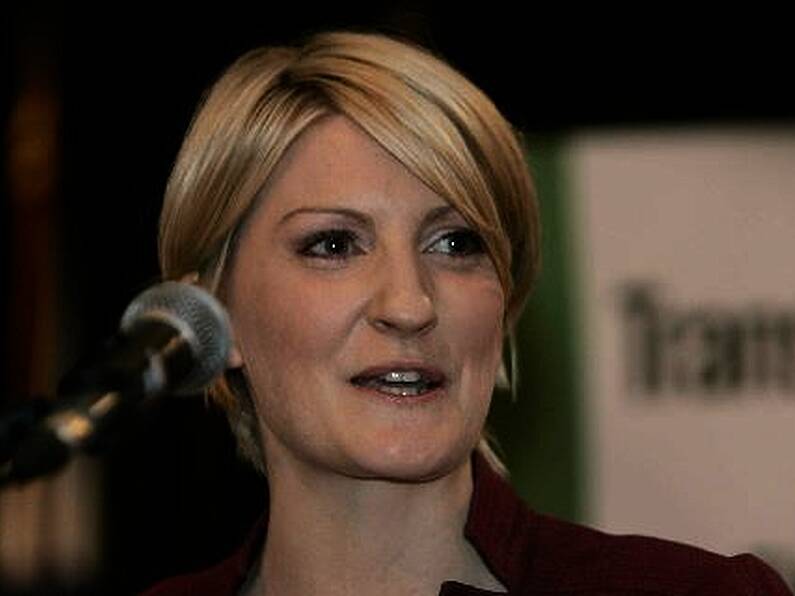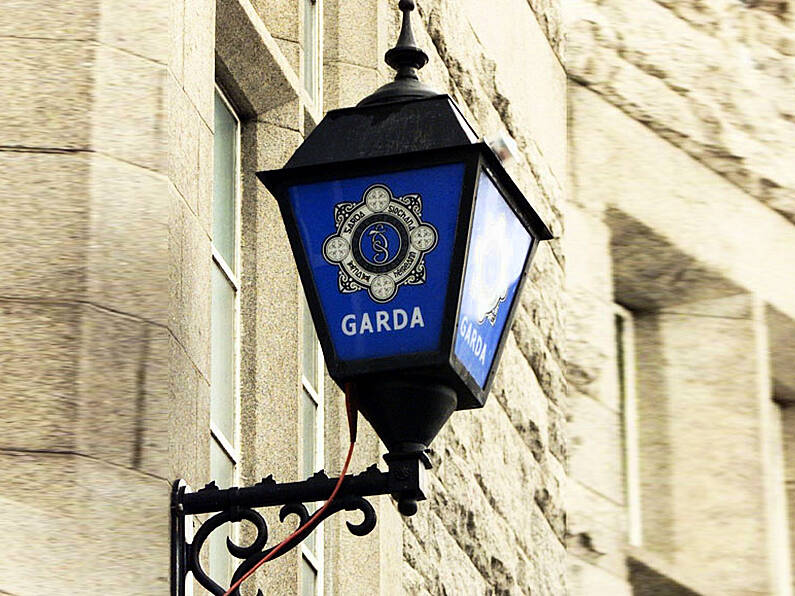The Irish Cancer Society has said the Government could save a “life a day” if it were to introduce lung cancer screening.
The society has launched a lung cancer action plan in which it points out that two out of every three lung cancers are diagnosed at a late stage, often at a hospital emergency department when they are far harder to treat.
“Recent evidence has shown that screening will find lung cancer at an earlier stage and more treatable stage and therefore saves lives,” said Averil Power, chief executive of the Irish Cancer Society.
The society estimates that almost 2,500 men and women in Ireland will receive a lung cancer diagnosis this year while more than 1,800 will die from the disease.
“We are asking that lung cancer screening would be given early consideration by the National Screening Committee that was recommended by Dr Gabriel Scally,” the action plan notes.
Key recommendations in the plan include:
* Prevention - that the Department of Health, with key stakeholders, should fully implement the recommendations of the Tobacco Free Ireland Plan
* Early diagnosis - The National Cancer Control Programme (NCCP), together with stakeholders should run multi-annual, national, targeted campaigns to raise awareness of lung cancer. Improvement initiatives at rapid access clinics should continue and key performance indicators should be rigorously monitored to ensure targets set out in the National Cancer Strategy.
* Screening - Once constituted, the National Screening Committee, recommended by Gabriel Scally, should give early consideration to the introduction of lung cancer screening.
* Treatment and survivorship - There should be increased funding for lung cancer research and more resources directed to research and respond to the psychosocial issues that lung cancer presents.
* Development of a comprehensive care plan for lung cancer patients addressing their emotional and physical needs.
* Palliative care - It should be ensured that lung cancer patients get access to palliative care services as early as possible.
Ms Power called for targeted information and supports in disadvantaged areas where rates of lung cancer are highest and for the Government to deliver on its commitment to help over 500,000 smokers quit by 2025.






